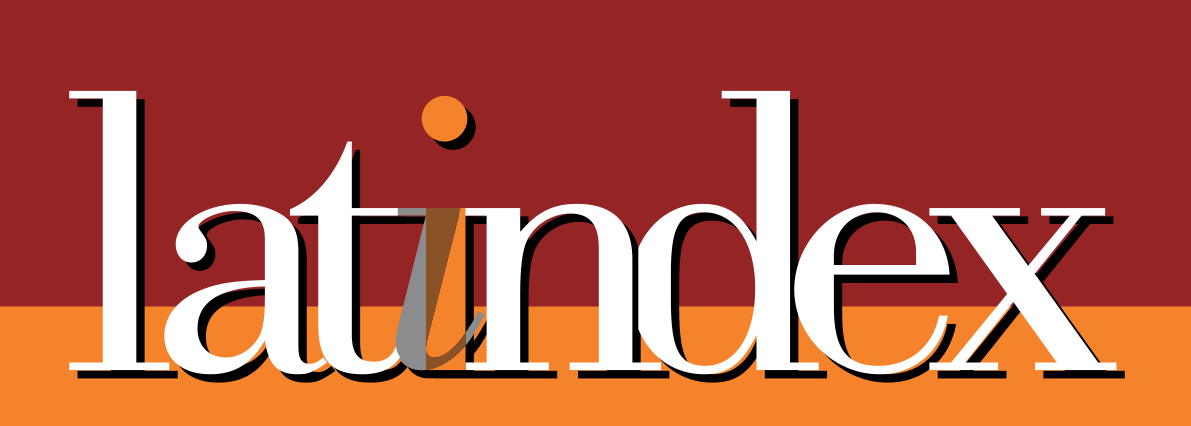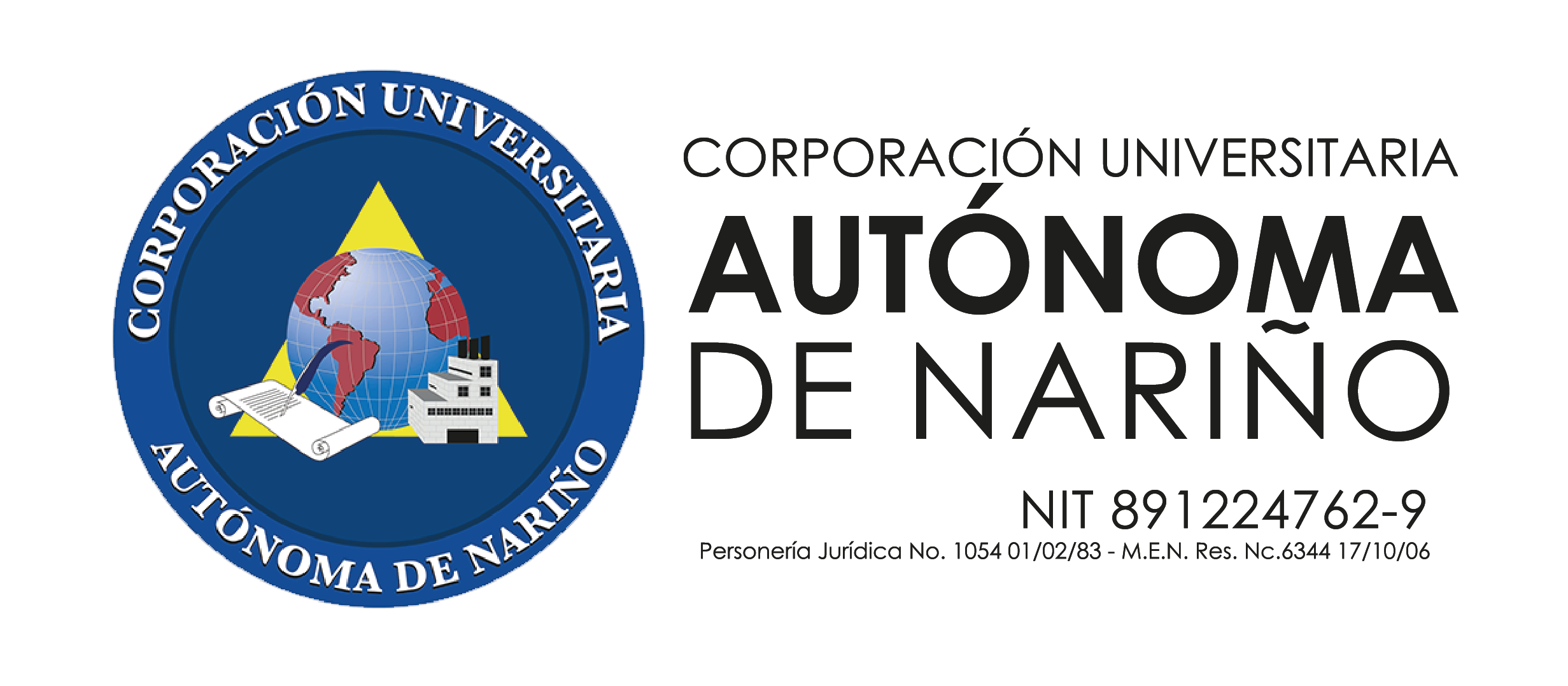Interpretive frameworks and innovative practices in public financial management in the city of Esmeraldas, Ecuador
DOI:
https://doi.org/10.47666/summa.7.2.3Keywords:
Esquemas interpretativos, gestión financiera, prácticas innovadoras, transparenciaAbstract
Public financial management is sometimes influenced by economic factors and conditions, which is why research on the need to optimize the use of available resources is indispensable. The research focuses on identifying relevant interpretative schemes and comparing them with innovative practices implemented in the city. This was carried out under a qualitative hermeneutic approach within the interpretive paradigm, where an exhaustive bibliographic review of databases such as PubMed, WoS and Scopus was conducted, critically evaluating material related to interpretive schemes and innovative practices in public financial management. The results reveal that financial management in Esmeraldas is structured in budgeting, accounting and treasury processes, highlighting transparency and accountability. Four key interpretive schemes were identified: control, responsibility, strategic planning and management by results, which help financial managers make informed decisions, optimize resources, and foster citizen participation and accountability. The application of these schemes is crucial to improve efficiency and transparency in the use of public resources, allowing detailed data analysis, preventing corruption and strengthening administrative integrity. Their implementation contributes to sustainable development and citizen confidence in public institutions, demonstrating their functionality in achieving efficient, transparent and accountable management of public resources.
Downloads
References
Behn, R. (2003). Why measure performance? Different purposes require different measures. Public Administration Review. https://onlinelibrary.wiley.com/doi/abs/10.1111/1540-6210.00322
BID. (2016). Gestion financiera publica en america latina la clave de la eficiencia y la transparencia. Pimenta y Pessoa.
Bryson, J. (2011). Strategic Planning for Public and Nonprofit Organizations: A Guide to Strengthening and Sustaining Organizational Achievement. John Wiley & Sons.
Burrell, G., y Morgan, G. (2005). Paradigmas sociológicos y análisis organizacional: Elementos de la sociología de la vida corporativa. Ashgate Publishing.
De la Rosa, A. (2002). Teoría de la organización y nuevo institucionalismo en el análisis organizacional . Administración y Organizaciones.
Eco, U. (1984). Esquemas interpretativos: entre la filosofía y la semiótica. Editorial Lumen.
Epstein, T. (1997). Sociocultural Approaches to Young People's Historical Understanding. Social-Education.
Esmeraldas, A. C. (2024). Alcaldía Ciudadana de Esmeraldas. Alcaldía Ciudadana de Esmeraldas. https://esmeraldas.gob.ec/
Feliz, T. y Ricoy, M. (2003). El descubrimiento de la dimensión cualitativa de la investigación a través de un foro educativo. Universitas.
Geertz, C. (2002). Reflexiones antropológicas sobre temas filosóficos. Paidós.
Hinings, C., y Greenwood, R. (1988). Organizational Design Types, Tracks and the Dynamics of Strategic Change. Organizational Studies, 9(3), 293-316. https://journals.sagepub.com/doi/10.1177/017084068800900301
Ibaéz, C. (2013). La elaboración de interpretaciones en evaluación clínica. http://pepsic.bvsalud.org/scielo.php?script=sci_arttext&pid=S0719-448x2013000100012
Laurell, C. (1982). La salud y la enfermedad como proceso social. Rev 1982. Latinoam Salud, 7-25.
Light, P. (2008). The Four Pillars of High Performance: How Robust Organizations Achieve Extraordinary Results. Jossey-Bass.
Machado Da Silva, C. y Fonseca, V. (1993). Estruturação da estrutura organizacional: o caso de uma empresa familiar. Organizações & Sociedade, 42-71.
Ranson, S., Hinings, B. y Greenwood R. (1980). The structuring of organizational structures. Administrative Science Quarterly. Obtenido de https://www.jstor.org/stable/pdf/2392223.pdf?seq=1#page_scan_tab_contents
Ricoeur, P. (1984). La metáfora viva. Megápolis.
Sampieri, R. (2006). Metodología de la investigación. McGraw-Hill.
Searle, J. (1996). La teoría de la acción y la filosofía de la mente. Paidós.
Simon, H. (1996). The Sciences of the Artificial. The MIT Press.
Viñao, A. (2008). La escuela y la escolaridad como objetos históricos. Facetas y problemas de la historia de la educación. História da Educación, pp. 243-269.
Downloads
Published
Versions
- 2025-08-13 (2)
- 2025-09-05 (1)
How to Cite
Issue
Section
License
Copyright (c) 2025 SUMMA

This work is licensed under a Creative Commons Attribution-NonCommercial-NoDerivatives 4.0 International License.








